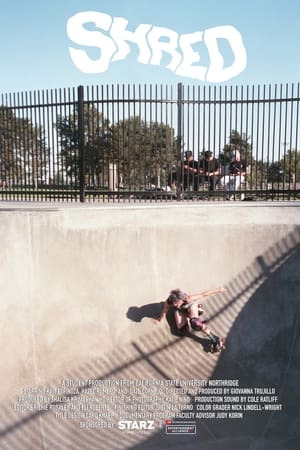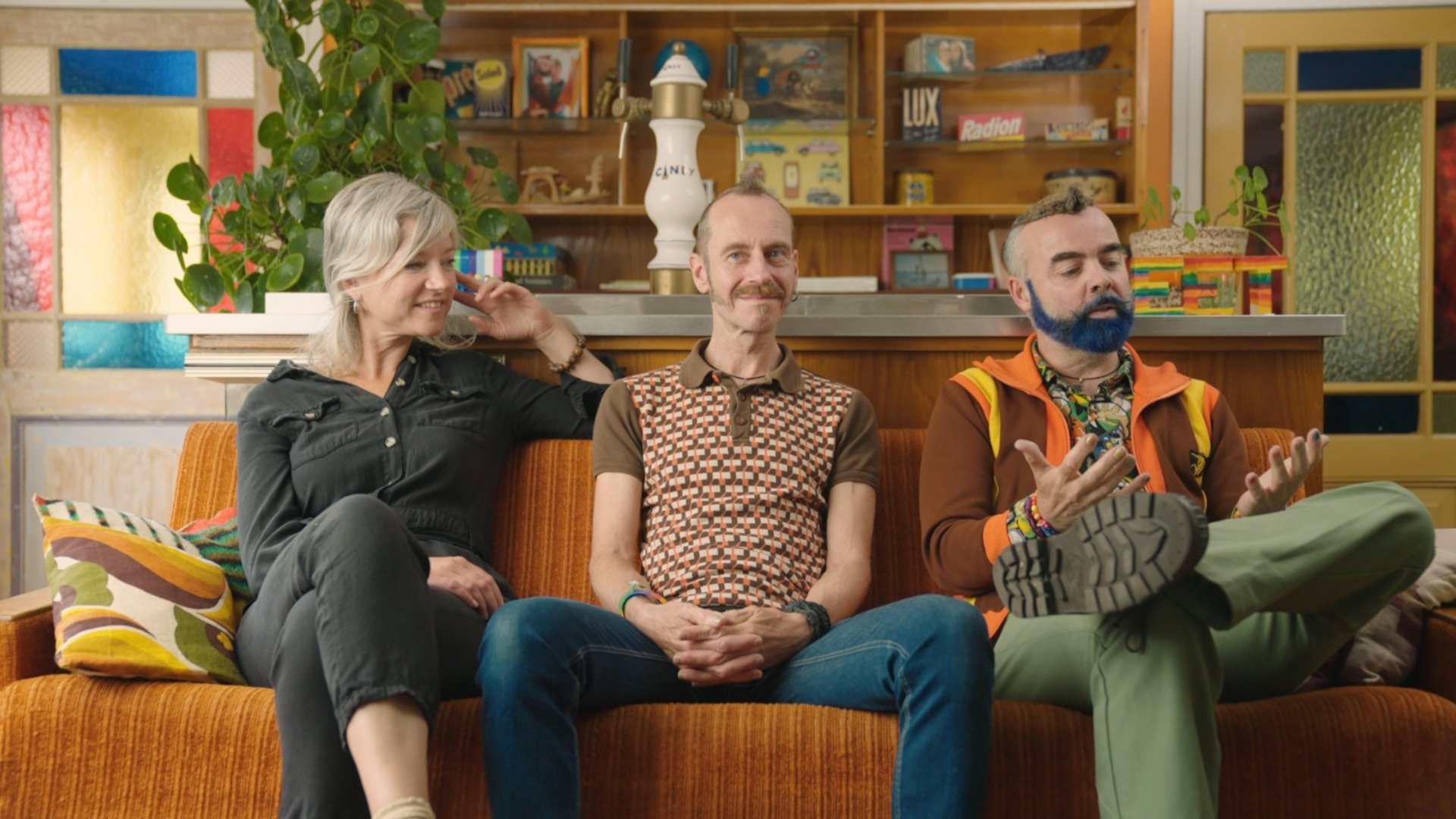
Roze Bubbel
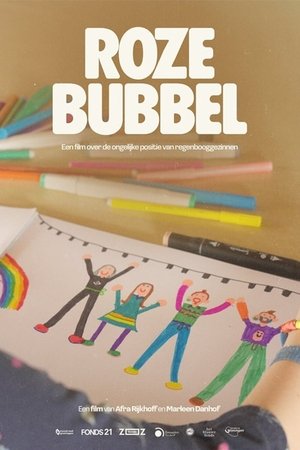
Roze Bubbel
HomePage
Overview
Two mothers lovingly raised Afra. Growing up felt like a safe pink bubble to her. But this bubble burst when she discovered the obstacles her parents had to overcome to have a child. For example, one mother did not exist legally for 12 years, and 30 years later this is still the reality for multi-parent families. When Afra heard this, she became determined to tell the story of these families. This documentary shows what happens to you when you fall outside the 'standard' picture of a family. In the film we follow Afra, and her two mothers, two multi-parent families, the experts Henny Bos (professor of Sexual and Gender Diversity in Youth), Sara Coster (board member Meer dan Gewenst and child wish coach) and former D66 member of parliament Lisa van Ginneken.
Release Date
2024-11-16
Average
0
Rating:
0.0 startsTagline
Genres
Languages:
NederlandsKeywords
Similar Movies
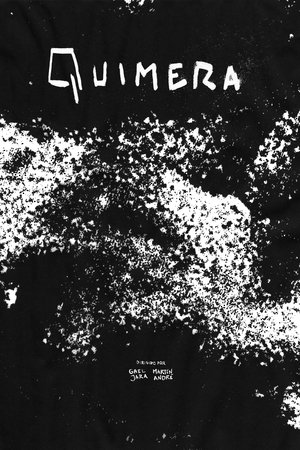 0.0
0.0Chimera(es)
A non-binary folk watches the handover of the first non-binary ID in the history of Chile. As they try to do the paperwork, they will face the bureaucracy of the legal proceeding.
 9.0
9.0Art and Pep(en)
Art Johnston and Pepe Peña are civil rights leaders whose life and love is a force behind LGBTQ+ equality in the heart of the country. Their iconic gay bar, Sidetrack, has helped fuel movements and create community for decades in Chicago's queer enclave. But, behind the business and their historic activism exists a love unlike any other.
 7.3
7.3The Times of Harvey Milk(en)
Harvey Milk was an outspoken human rights activist and one of the first openly gay U.S. politicians elected to public office; even after his assassination in 1978, he continues to inspire disenfranchised people around the world.
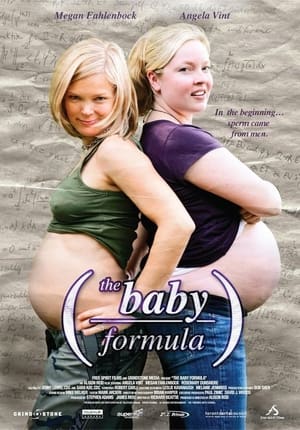 3.7
3.7The Baby Formula(en)
Two adventurous women in love are desperate to have their own biological child. They take a chance on an experimental scientific process and make sperm from their own stem cells. Pregnant with humor and unexpected twists, their journey ultimately confirms that all life is a gift and all families are crazy.
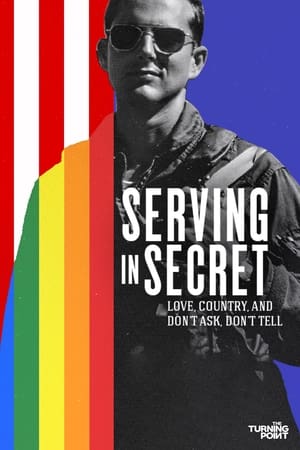 0.0
0.0Serving in Secret: Love, Country, and Don't Ask, Don't Tell(en)
Tracing the U.S. military's long history of discrimination against the gay community and one couple's personal journey for acceptance.
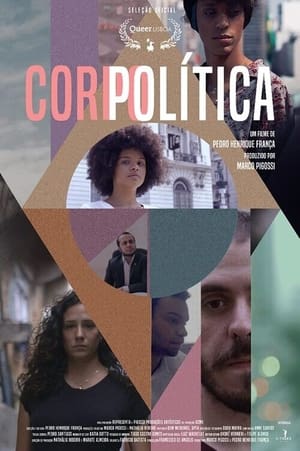 10.0
10.0Political Bodies(pt)
At a time when the far right is ascending to power around the world, the 2020 Brazilian municipal elections saw a surprising and unprecedented record of LGBT candidates. This film follows four young queer politicians during their electoral campaigns and reveals their struggle to affirm their rights to exist and be heard.
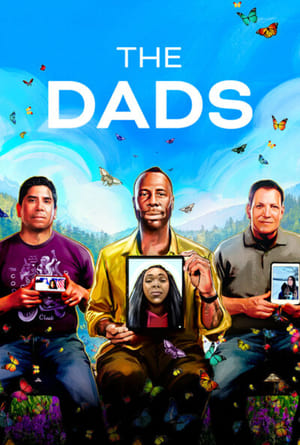 6.2
6.2The Dads(en)
On a fishing trip with Matthew Shepard's father, five disparate dads discuss their love, hopes and fears for their trans kids in this short documentary.
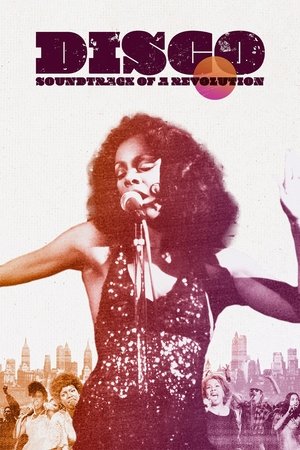 8.0
8.0Disco: Soundtrack of a Revolution(en)
From the sweaty basement bars of 70s New York to the glittering peak of the global charts, how disco conquered the world - its origins, its triumphs, its fall and its legacy.
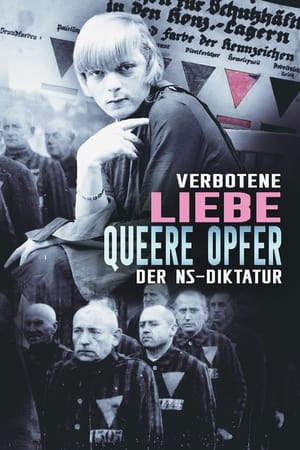 0.0
0.0Verbotene Liebe - Queere Opfer der NS-Diktatur(de)
Sexual minorities were oppressed, imprisoned and murdered by the Nazis. Paragraph 175 criminalized homosexual men during the Nazi era – but the Nazis also discriminated against lesbians and trans people. They should be excluded from the national community. More than 50,000 queer people have been proven to have been persecuted. The documentary highlights three poignant fates in the context of Nazi terror.
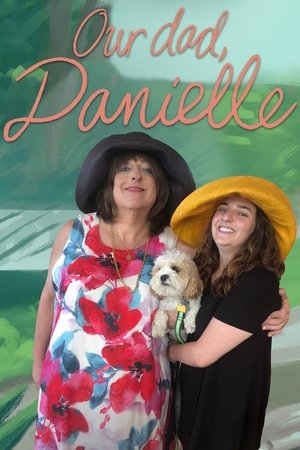 10.0
10.0Our Dad, Danielle(en)
The extraordinary story of a world-renowned patent attorney in Sugar Land, Texas who, at 57, came out as a trans woman and is now navigating LGBTQ+ issues and fighting for trans rights in the vortex of Texas conservatism, as she and her family challenge the idea of what modern love looks like.
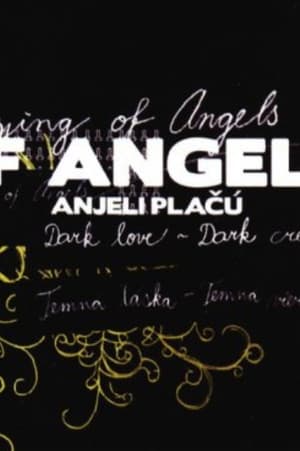 0.0
0.0Crying of Angels(sk)
Crying of Angels is the first documentary film about the gay community in the history of Slovak cinema. The collage of stories from the lives of the protagonists does not attempt to objectively portray this minority in post-communist society, but is an author's testimony about the existence of a people in conflict with social norms and with themselves.
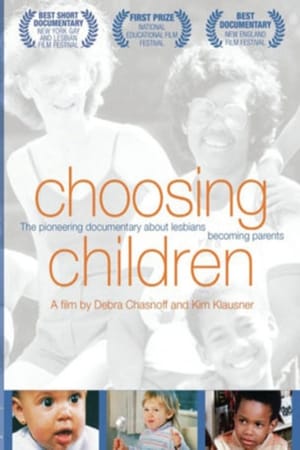 1.0
1.0Choosing Children(en)
CHOOSING CHILDREN is a pioneering film about parenting in non-traditional families and helped to open dialogue about the meaning and reality of the "modern family." This film takes an intimate look at the issues faced by lesbians and gay men who decide to become parents after coming out.
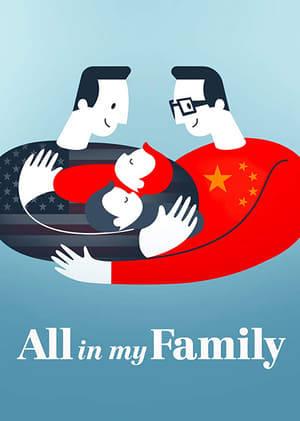 6.4
6.4All in My Family(en)
After starting a family of his very own in the United States, a gay filmmaker documents his loving, traditional Chinese family's process of acceptance.
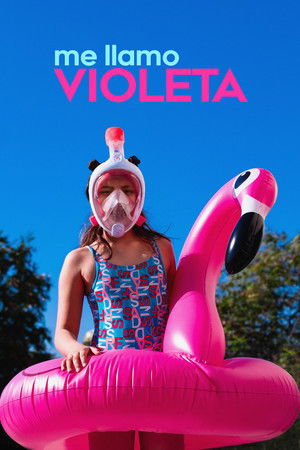 5.2
5.2My Name Is Violeta(es)
Violeta leads a normal life in a well-off family, with loving parents, surrounded by everything the heart of an eleven-year-old girl might wish for. But she hasn’t always been the pretty girl she is today; she was born a boy. At age 6, she baffled her parents (the famous adult movie stars Nacho Vidal and Franceska Jaimes) when she told them she wanted to be called and dress as a girl. After the initial shock, they decided to give her all their support on the long and tough road that will lead to her becoming a woman someday. Violeta faces many challenges, medical (such as deciding whether or not to take hormone-blockers to stop the development of masculine features as soon as puberty kicks in) and legal (obtaining an ID card with her new name and gender). Later, she may consider getting a sex reassignment procedure, or the possibility of becoming a mother through adoption.
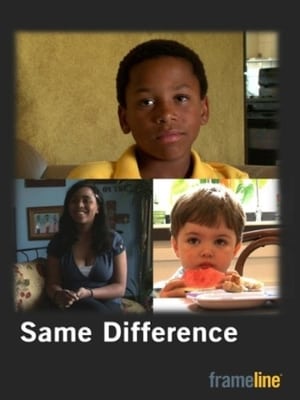 0.0
0.0Same Difference(en)
Following the debate over California's Proposition 8, this short film is an exploration of how modern American families are constructed, not only those within the LGBTQ community.
 0.0
0.0The History of the Carabiner(en)
Through a creative blend of mixed-media and charismatic narration balancing humor, sass and historical gravity, discover the queer history of the carabiner in this latest WaterBear Original, directed by Gianna Mazzeo and made in partnership with Nikon. Follow the carabiner’s story, from its humble 1911 climbing roots (thanks, Otto "Rambo" Herzog), to empowering butch mechanics and postal workers in the 60s, becoming a potent signal of identity and attraction in the 80’s (think Tinder, but with hardware) and as a TikTok fashion sensation today.
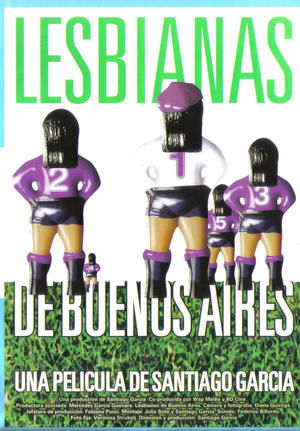 7.2
7.2Lesbians of Buenos Aires(es)
This documentary tells the tale of Buenos Aires lesbians, focusing on three personal stories. A former militant woman who now devotes her time to feminine soccer; a young woman who is active so no girl has to go through what she went through and a lesbian mother who recounts how hostile the laws are regarding the rights of lesbian women. In spite of the difficulties their characters go through, the stories have a lot of humour, some soccer and a tour of the city.
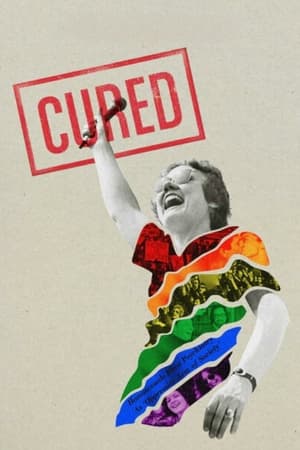 4.2
4.2Cured(en)
Mentally ill. Deviant. Diseased. And in need of a cure. These were among the terms psychiatrists used to describe gay women and men in the 1950s, 1960s, and early 1970s. And as long as they were “sick”, progress toward equality was impossible. This documentary chronicles the battle waged by a small group of activists who declared war against a formidable institution – and won a crucial victory in the modern movement for LGBTQIA+ equality.
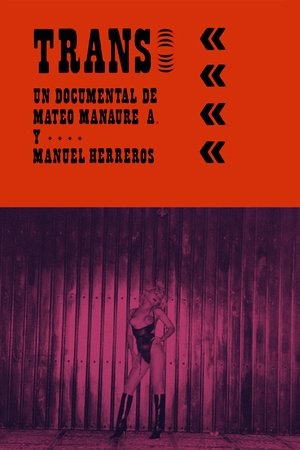 0.0
0.0Trans(es)
Trans is a 1982 Venezuelan documentary short film that offers an intimate look into the lives of a group of trans women and drag performers in Caracas, exploring their experiences in a society marked by transphobia and homophobia. Through interviews and performances, the documentary highlights the resilience and dignity of these women in the face of widespread discrimination and violence. Premiering at the Venezuelan National Cinematheque in 1982, Trans is considered a pioneering work in the representation of the trans community in Latin American cinema.
